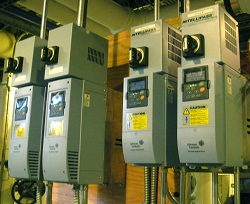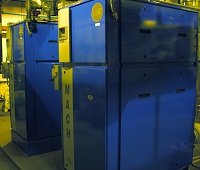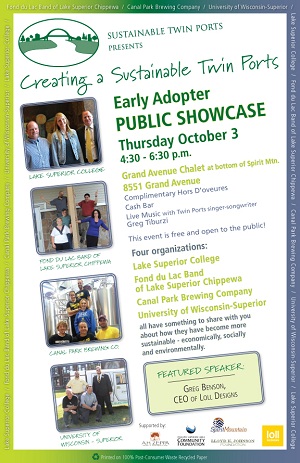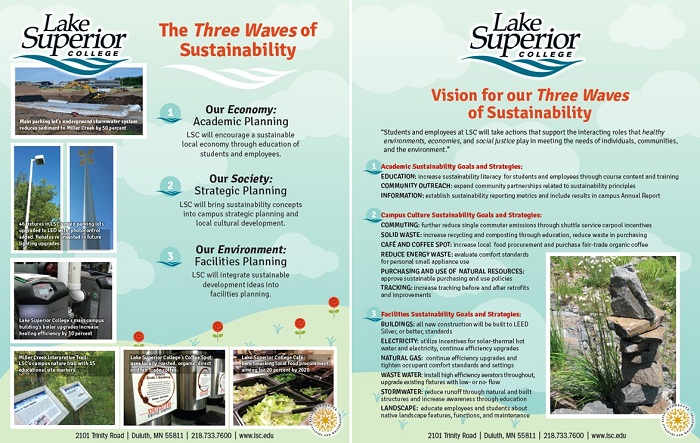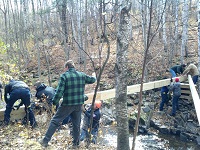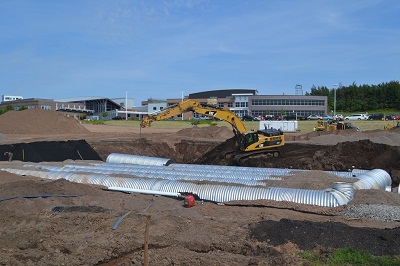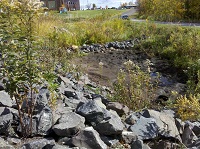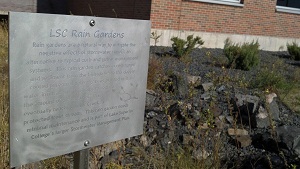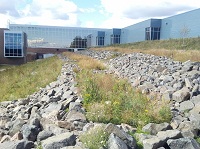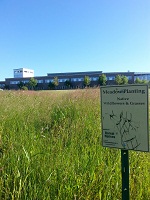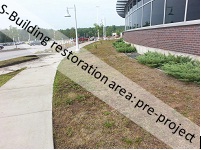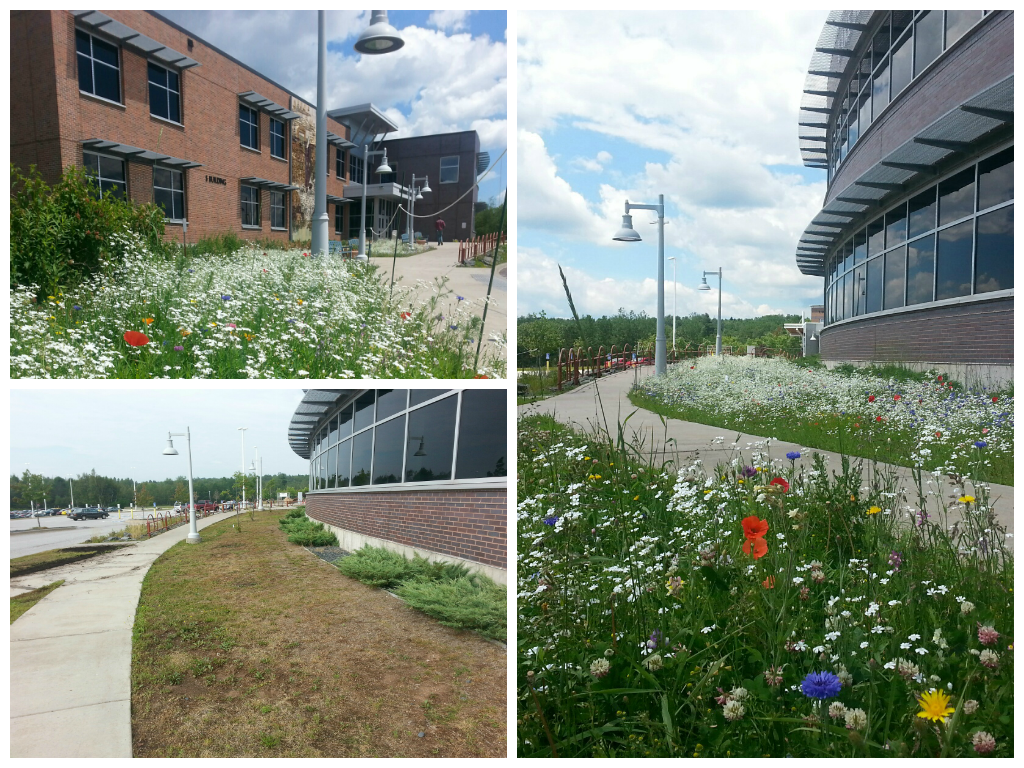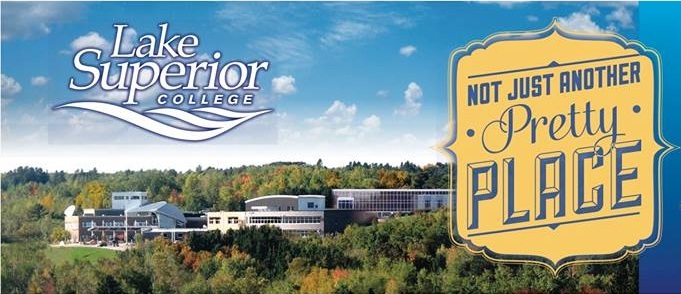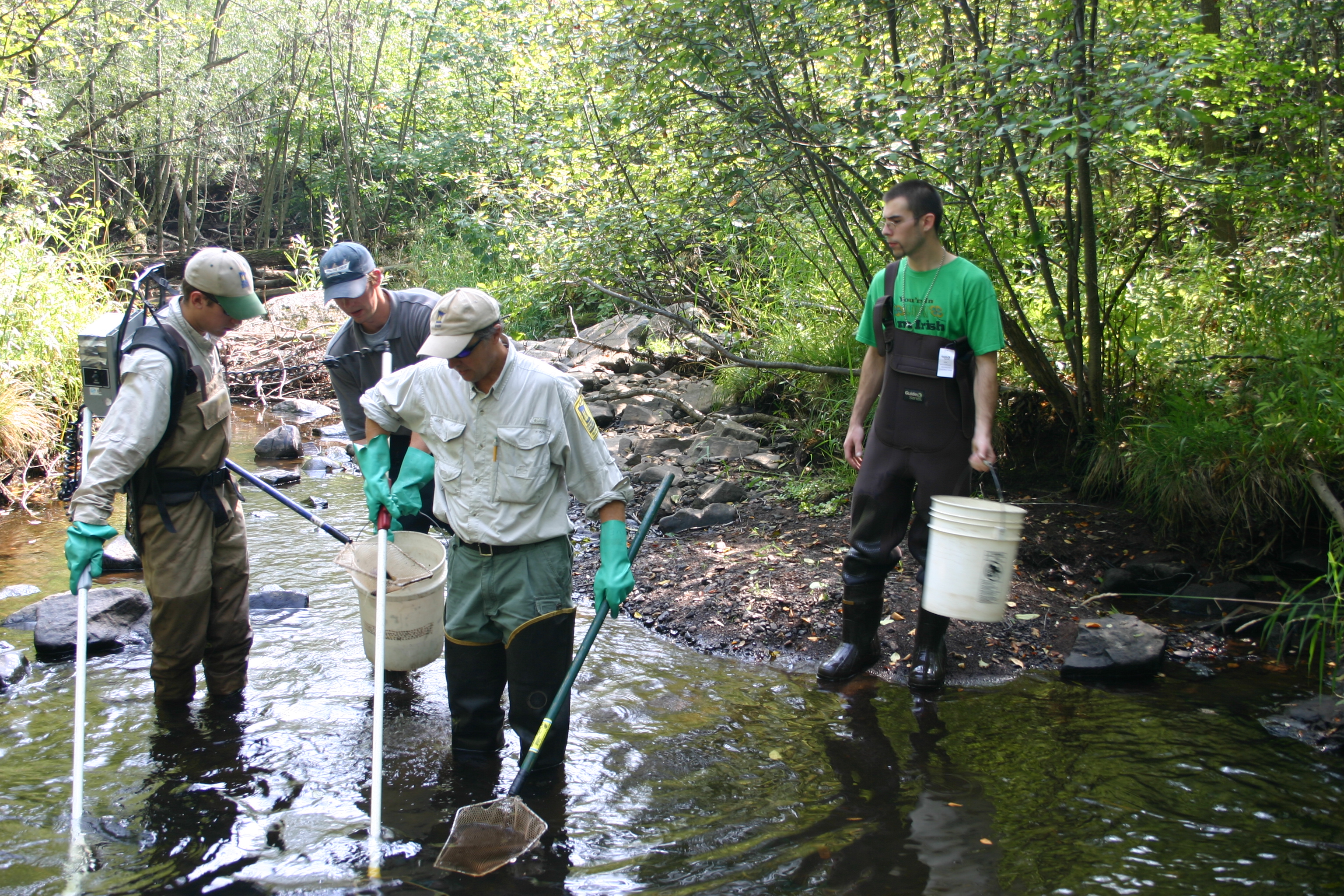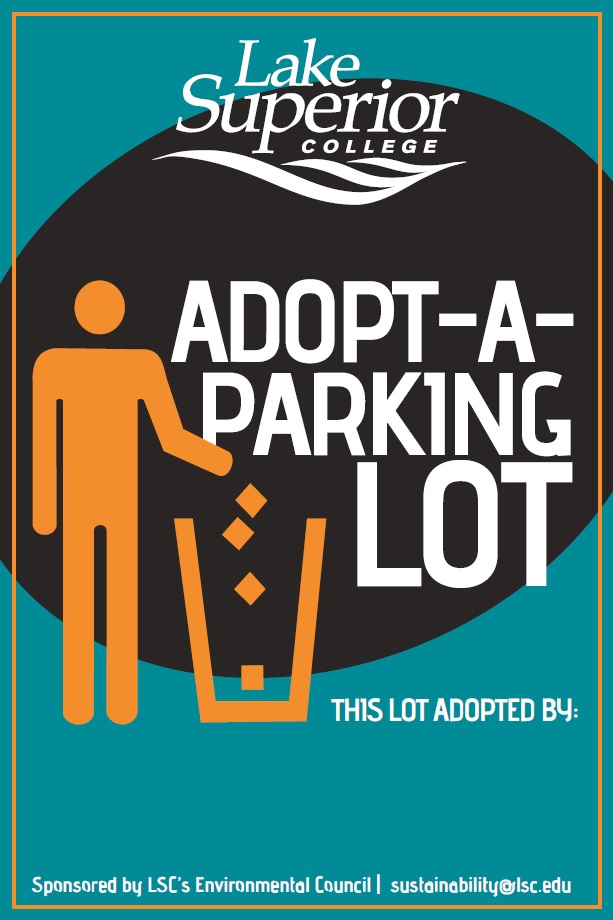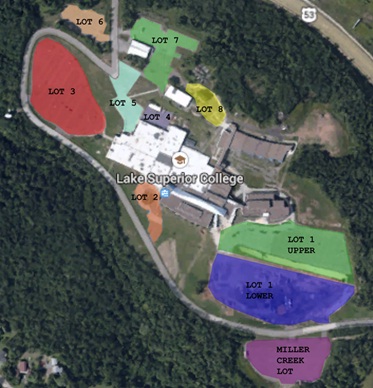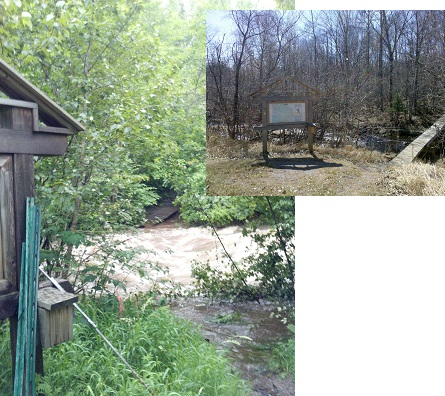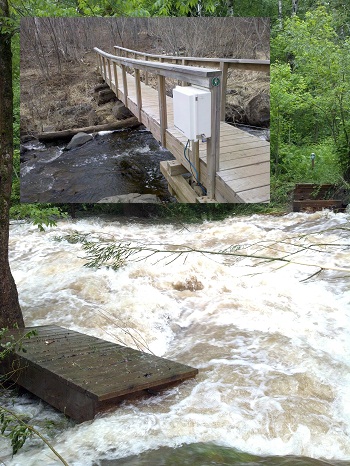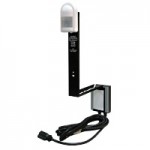Posted by jy5546fj on October 14, 2019
October 11th, 2019 9:00 – 10:30
S111 Student Services Conference Room
Attendance
Governing Core Members present: Mike M, Mike F, Dave, Theresa, Mary, Tim, Glenn, Kristi, Randy, Cliff, Wade, Mark, Jenna, Nate, Jeri, Griffin
General Members present:
Guests:
Announcements
Local Foods, Local Places, presented by Ecolibrium 3, sponsored by many others: Community Session Monday Oct 21st 6:00-8:30 at Bent Paddle and Planning Session Tuesday October 21st, 9:30-5:00 at 2125 W Superior St.
Food Justice Summit From the Ground Up: Unearthing Root Causes Nov 4-6, 2019 DECC – LSC Farm tour at LSC Nov 4th
Eco-E is hosting the MN Ag Commissioner in an Emerging Farmers Summit on November 14th in S255 (Randy)
Eco-E hosted Tina Smith’s staff in a regional agriculture exploratory discussion on Sept 30th (Randy)
New Business
Kristi brought the AASHE Stars data input and membership for discussion. Griffin is interested in working to complete our baseline. The tool would be valuable in goal setting, charting progress, benchmarking with peers, and sharing success stories. The Council agreed it would be prudent to spend a couple of months compiling data and getting an idea of where we land, and discuss the merit of full membership at that point. First year membership is $900, with a 50% renewal discount in subsequent years if membership doesn’t lapse.
Kristi picked up 3 free outdoor Poop Fairy signs from the City’s Parks Dept. The farm site will post 1 and the others can be placed in areas where issues are identified. The Council discussed additional signs and plastic bag needs. All agreed to start with this sign, and perhaps strategically offer poop bag dispensers from RSPT if issues persist.
Glenn is leading LSC’s First Annual terrestrial invasive species plant removal party with his Environmental Science class, but others are welcome. Training for the removal will be on Wednesday, November 6th at 12:30 and the removal will be on November 13th at 12:30. Email Kristi or Glenn if you’re interested in offering this project to your students. The Council agreed this could be a great opportunity to offer to student clubs and others, but perhaps keep this year’s pilot smaller and manageable.
Kristi has created an Invasive Terrestrial Plant Management google map that will help us with planning and management of this ongoing project.
Randy hosted Edison Charter School’s Food Service Director and Manger at the farm last week to discuss student engagement and produce sales opportunities. They may also want to bring the school’s Outdoor Science teacher in for sharing ideas. Kristi will continue to connect with this group through their school’s food board.
Mike shared Eco-Ent program and farm updates – lettuce sales continue with local grocery stores, basil is nearing the end of its life, the LSC market will continue through November, the fridge saga continues and an equipment request has been submitted for a replacement, fall/winter preparation is well underway and a few more preparation projects are yet to be finished. The program has about 20 enrolled students, but not all declared.
As many have heard, the LSC Café will no longer operate as it is currently structured after this spring semester. Connie has been tasked with developing a request for proposals for an external food service operator. With so many synergistic opportunities between the Café and Farm, Kristi reached out to Connie to offer Sustainability Council input on the RFP. Connie is very open to feedback, and would also like to re-convene the previous food service task force for broader discussion. The Council agreed, broad feedback is important. Griffin suggested a survey to students be put out; Wade has requested a copy of the results of last year’s housing development student survey from Daniel Fanning’s office. Many assumptions have changed since that survey was developed a year ago. After broad discussion, the Council agreed a separate meeting for deeper discussion should happen soon. Kristi will put out a doodle poll for the week following MEA.
Old Business
FY20 SC Workplan Goals – updates
- Develop proposal for north trail as pedestrian path (Dave)
- Desired Outcomes:
- consider appropriate surface for maximum usability,
- estimate total costs, development and ongoing maintenance (add: Dave suggests planning signs),
- account for the trail’s potential use as an access from lower main parking lots to Living Labs field site
Dave has been exploring options and costs for trail development for the North trail and spur segments. Using the DNR’s trail development guidance, he’s found 3-4” compacted gravel or limestone surface on a 3’ wide path is critical after the trail has been scraped down to mineral soil. All told, an estimated $7,000 would need to go into materials costs alone, but this does not include equipment or labor. The Council needs to further discuss areas of that trail that need limestone, and if some sections might be left rugged. Ideas for renting equipment or contracting service were discussed.
Randy mentioned the spur trail to the H-building/farm has been heavily used and is now getting muddy. The Council agreed this segment would benefit from some immediate attention, and we may be able to simply lay down limestone on existing surface since it has been compacted now. A load, up to 15 yards to avoid delivery fees, was suggested for this fall. Glenn motioned to bring in a yard using the cheapest hauler, Cliff seconded, unopposed. Many were interested in moving limestone; Kristi and Dave will coordinate the effort.
- Articulate the role of “Living Labs” at LSC (Randy will lead this group along with Deanne and Nate – no updates this meeting)
- Desired Outcomes:
- draft potential interdisciplinary collaboration/learning opportunities at new Farm Site (add: collaboration/consult with Student Senate)
- develop a forest management plan for Miller Creek corridor – identifying terrestrial invasive species threats and management goals
- align goals as potential course-related field experience, both through curriculum and Sustainability Distinction
- Update campus’ sustainability and energy goals (Kristi will lead this group along with Glenn, Jenna and Griffin – no updates this meeting)
- Desired Outcomes:
- align with state and system-wide sustainability goals, following Board of Trustees approval of new system sustainability policies,
- update LSC Sustainability webpages to reflect these new goals
Budget
FY 20 original budget: $8,450
Encumbrances to date:
- Menards: -$300
- Dan’s Feedbin: -$150
- P-Card (Amazon): -$167.95 (Compost bags)
- AASHE dues: -$295
- P-Card (Amazon – 10 sets loppers, saws) (Landscape Restoration – 10 buckthorn dobbers and dye): -$600
Next Meetings
Doodle for Food Service RFP workgroup meeting: sometime October 21-25
November 1st, 2019
Meeting adjourned, 10:30
Minutes respectfully submitted by Kristi Heintz, 10/14/2019. Posted to LSC Sustainability Council Blog and Employee Portal Committees page.

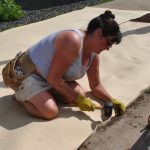
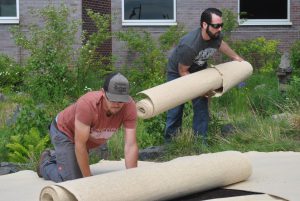
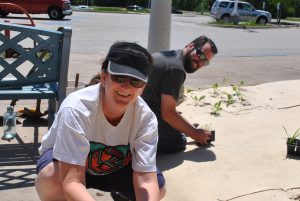
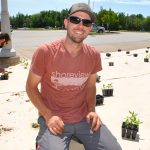

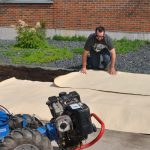
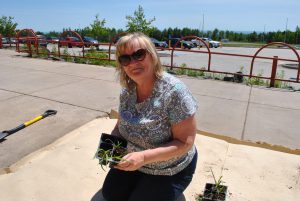
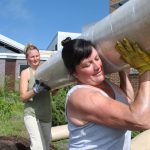
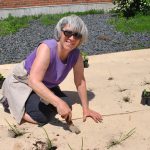

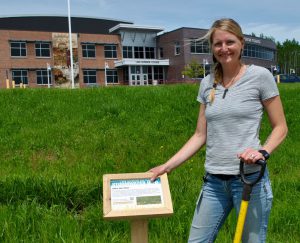
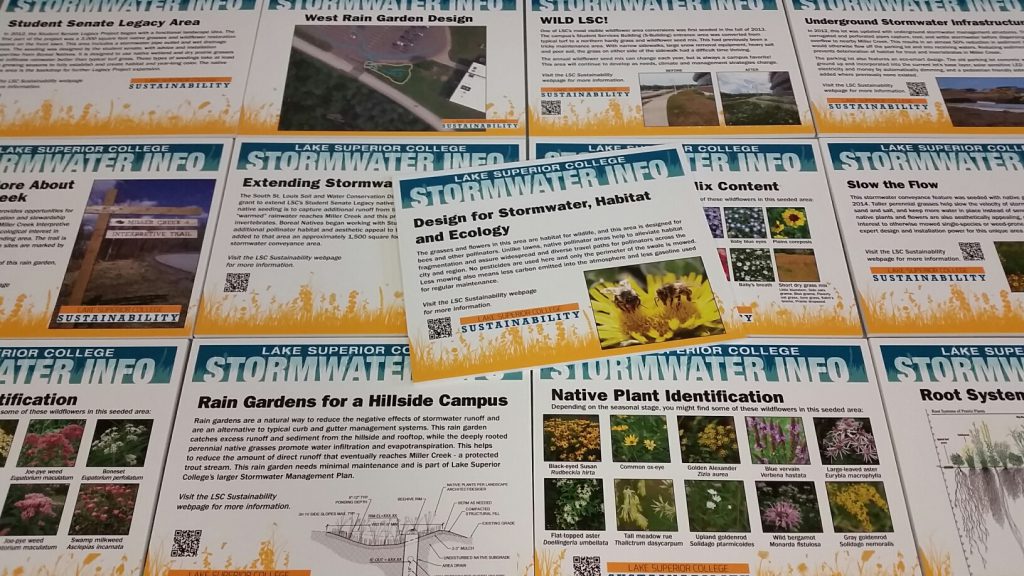
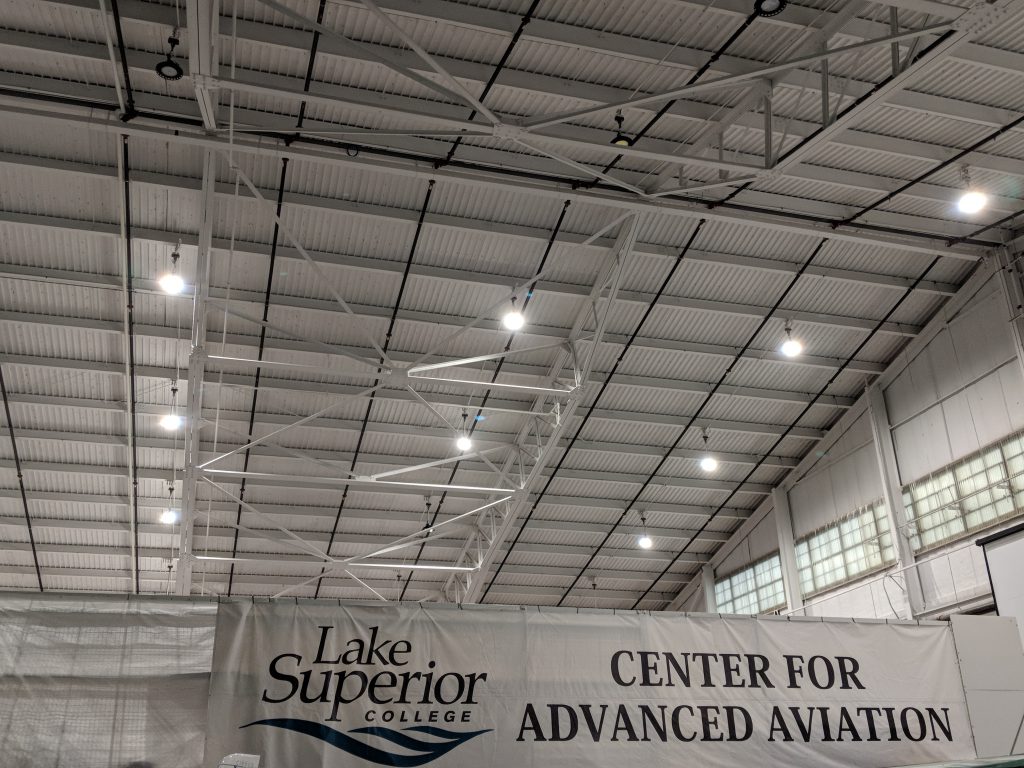
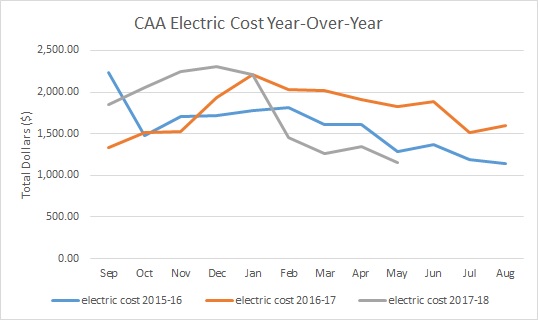

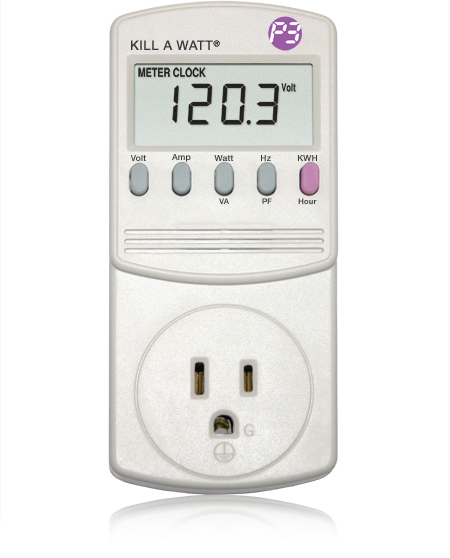
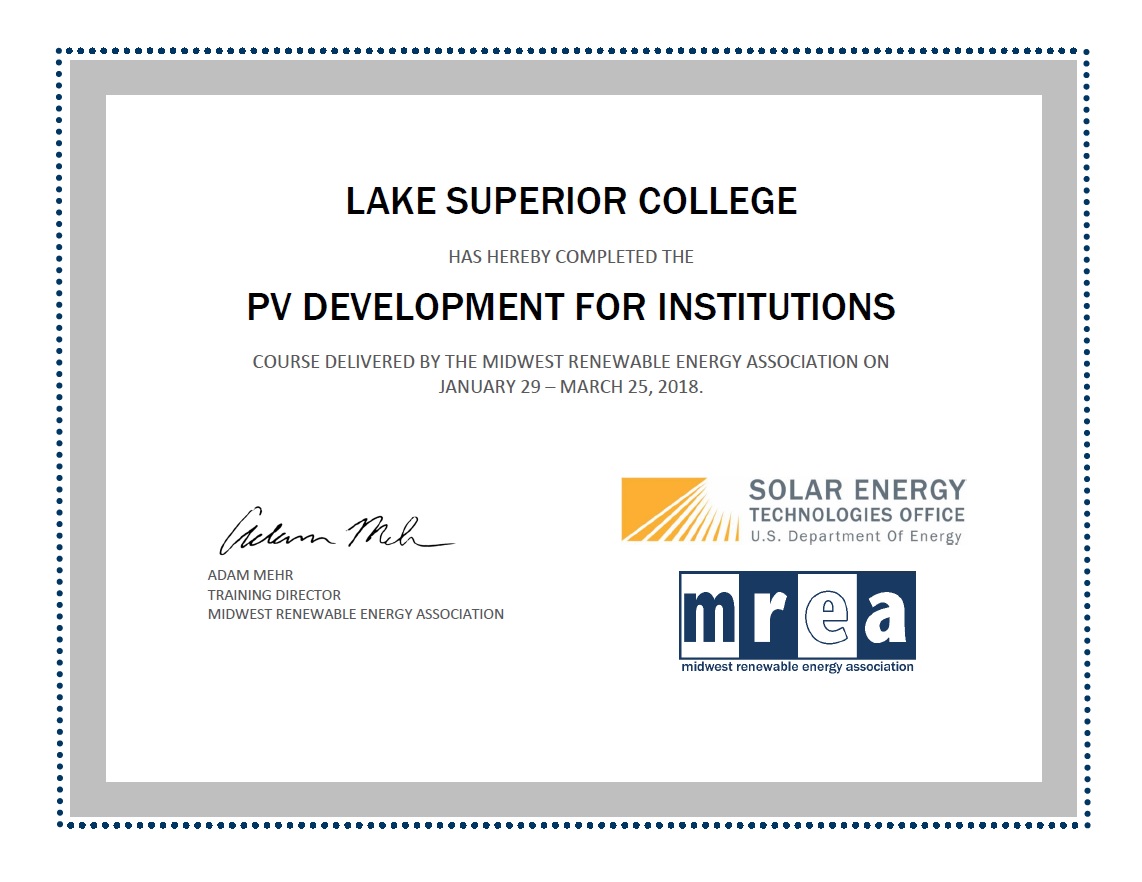

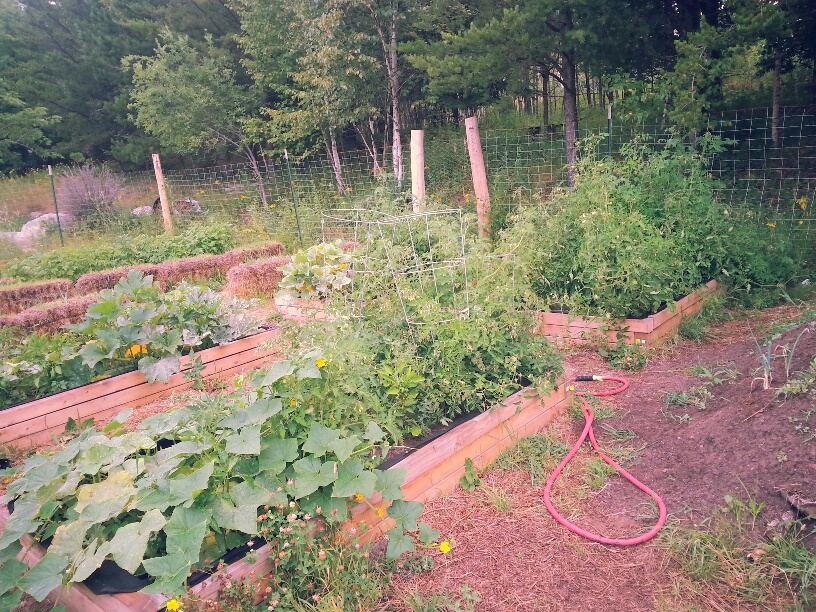
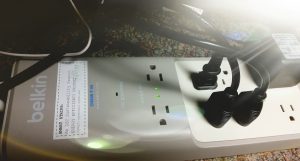

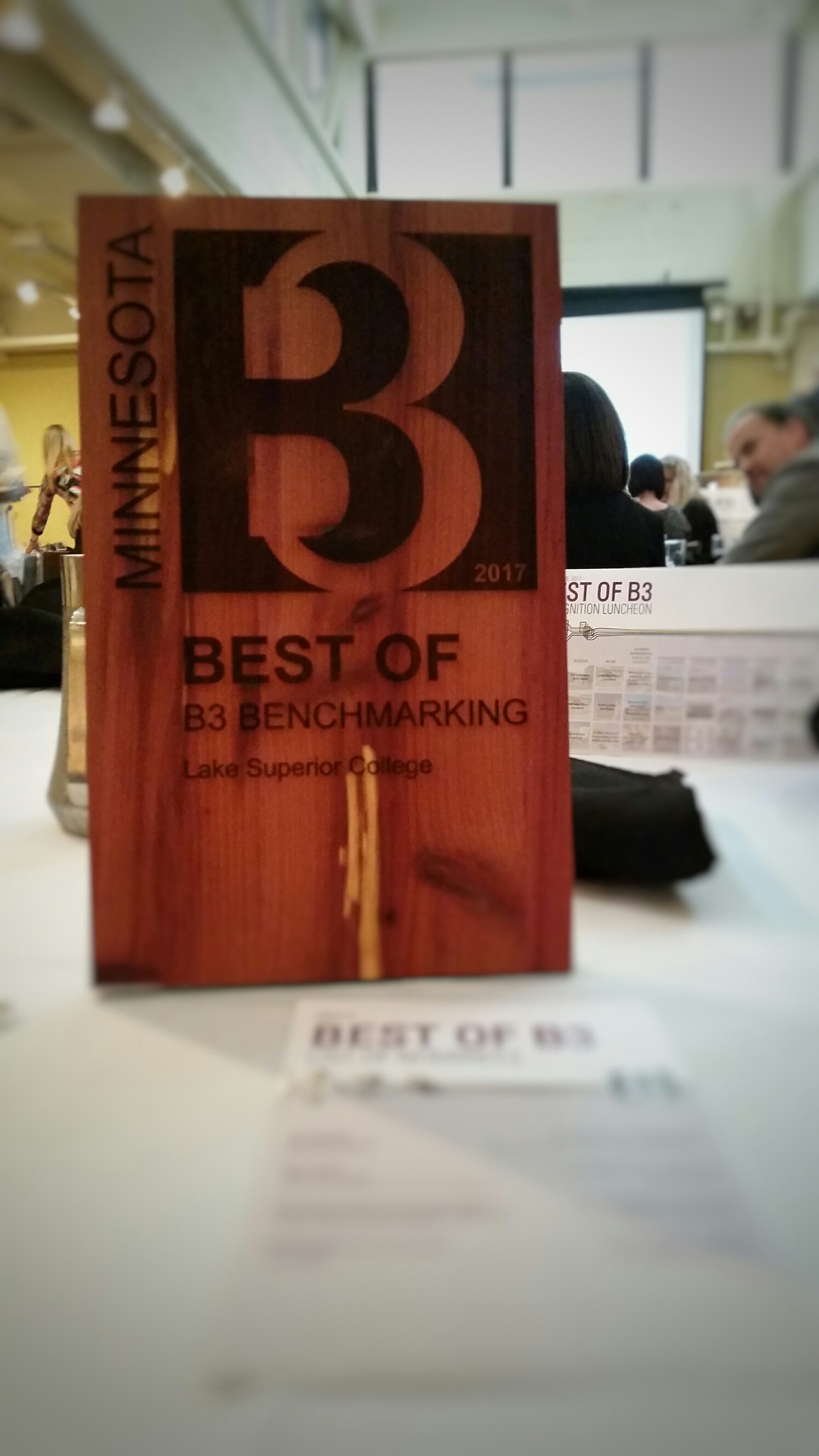
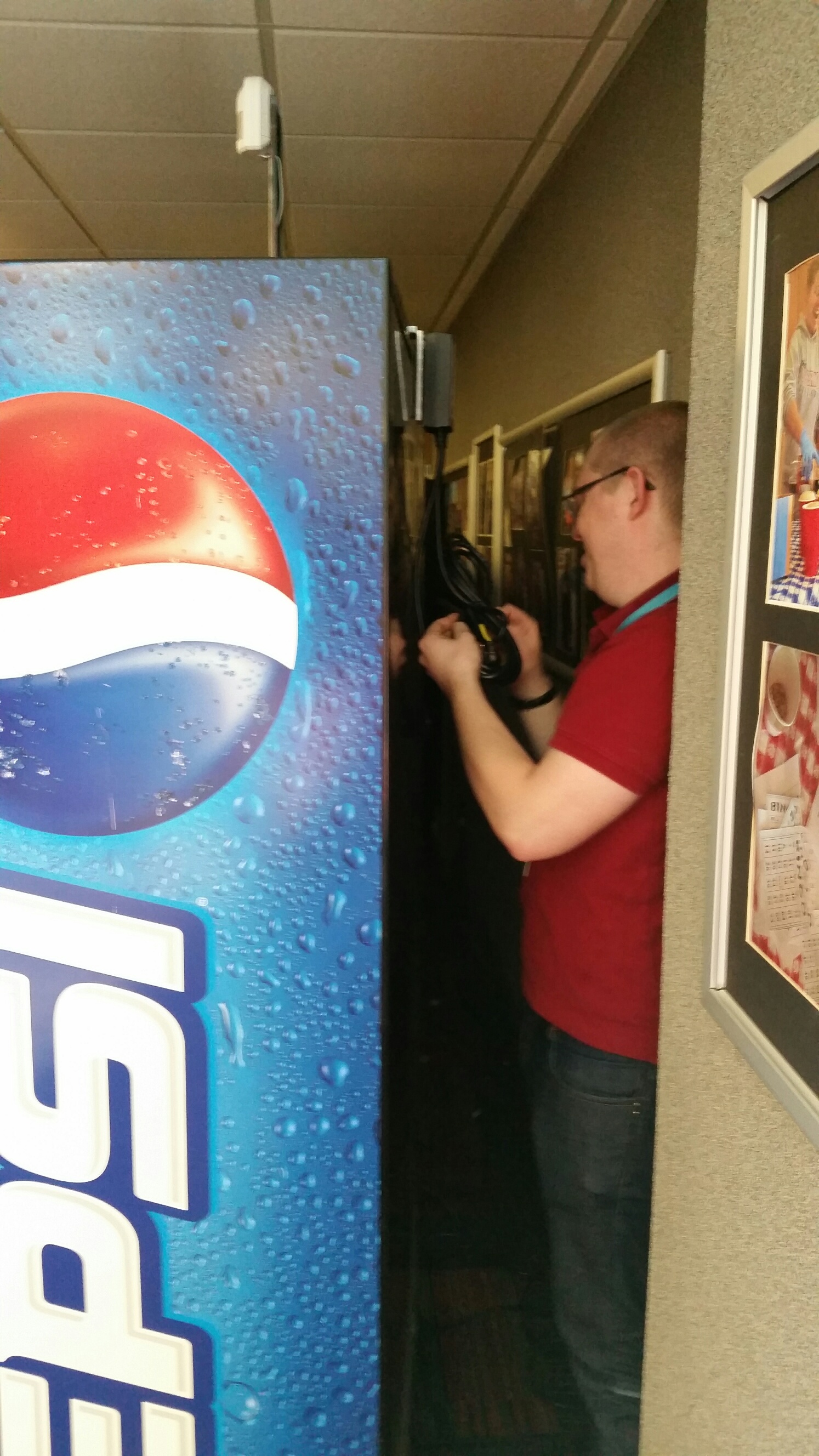


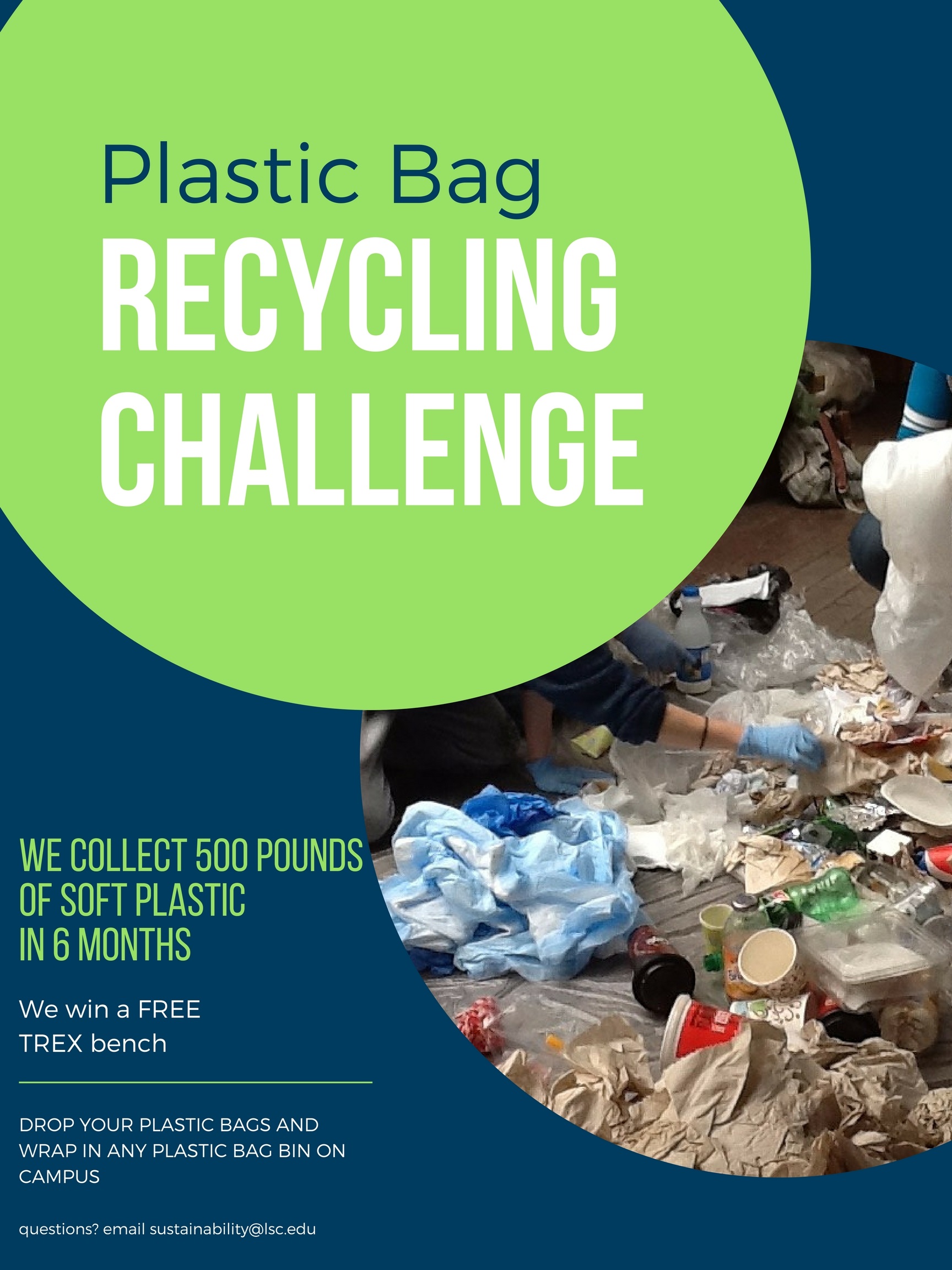
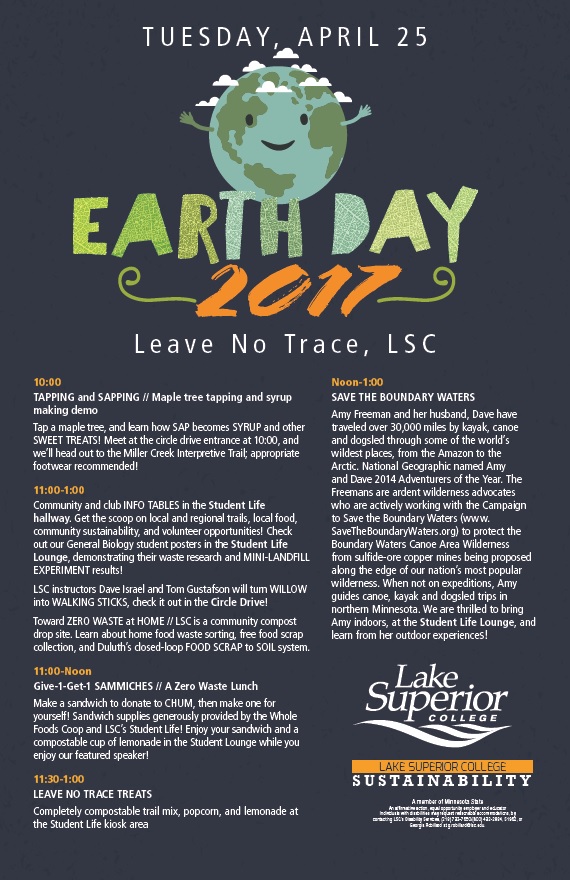
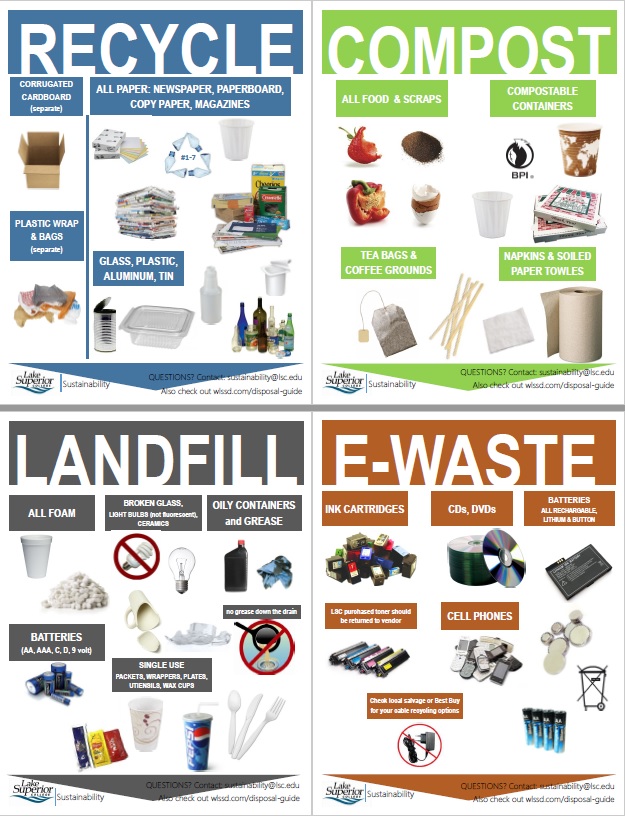
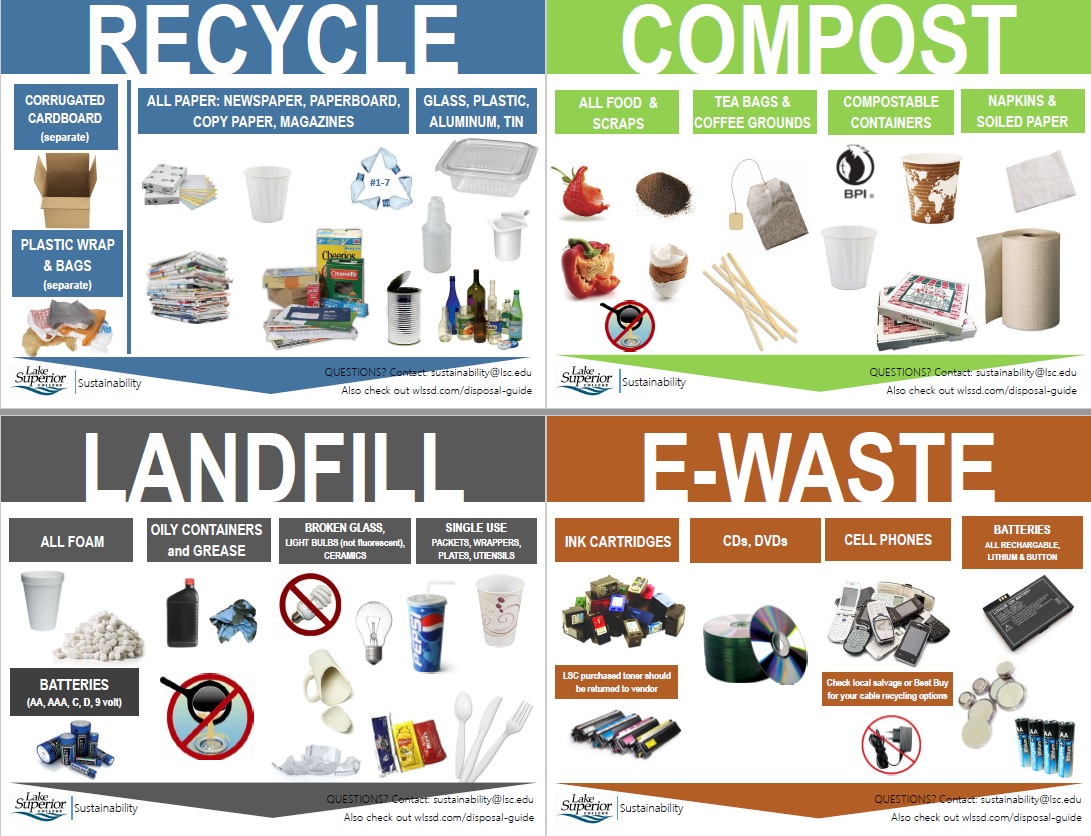
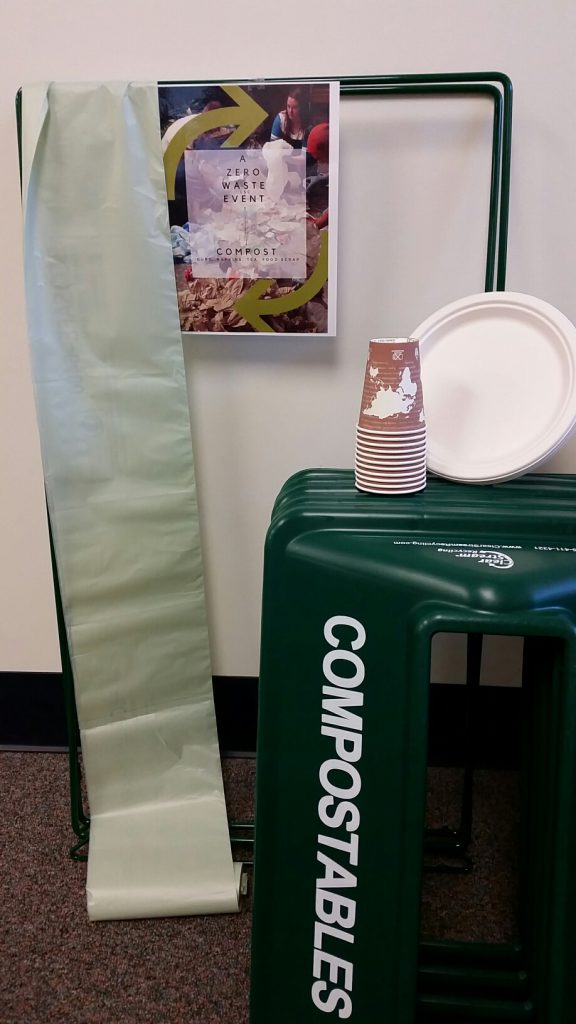
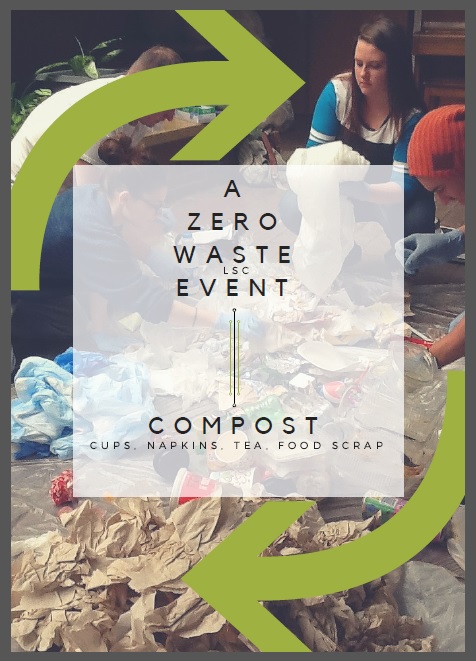




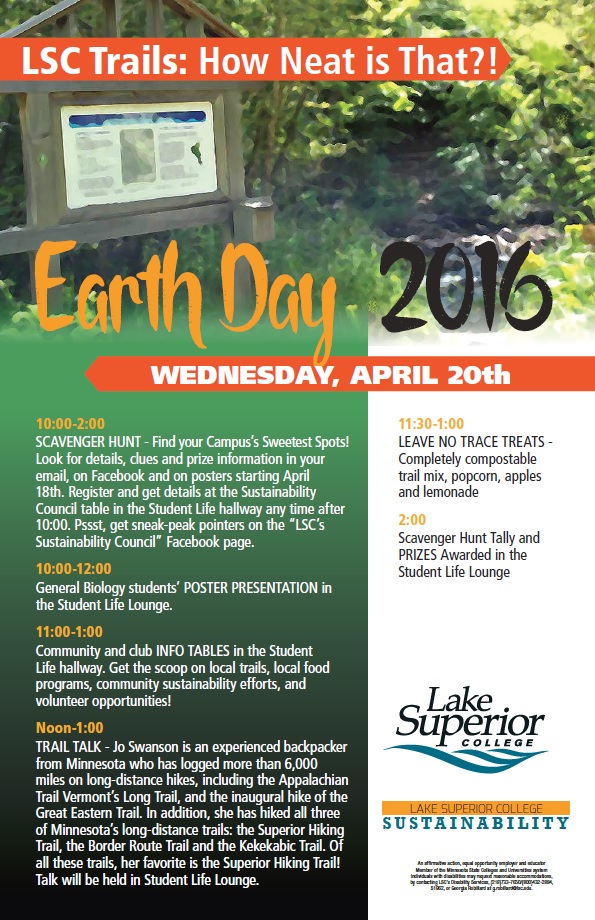
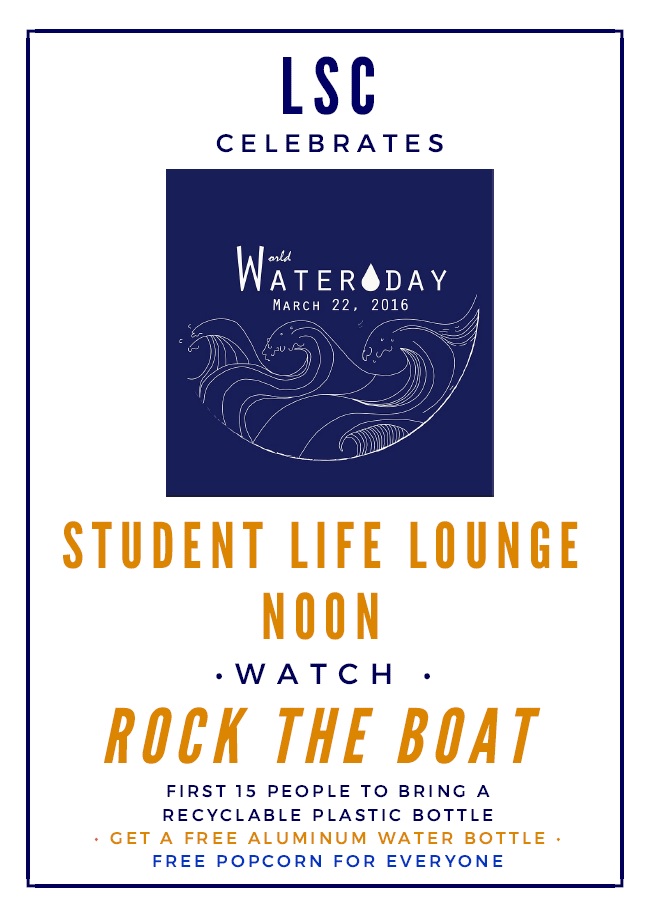
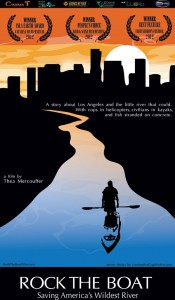

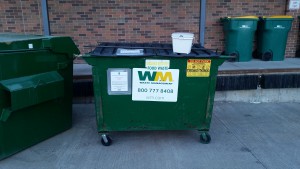
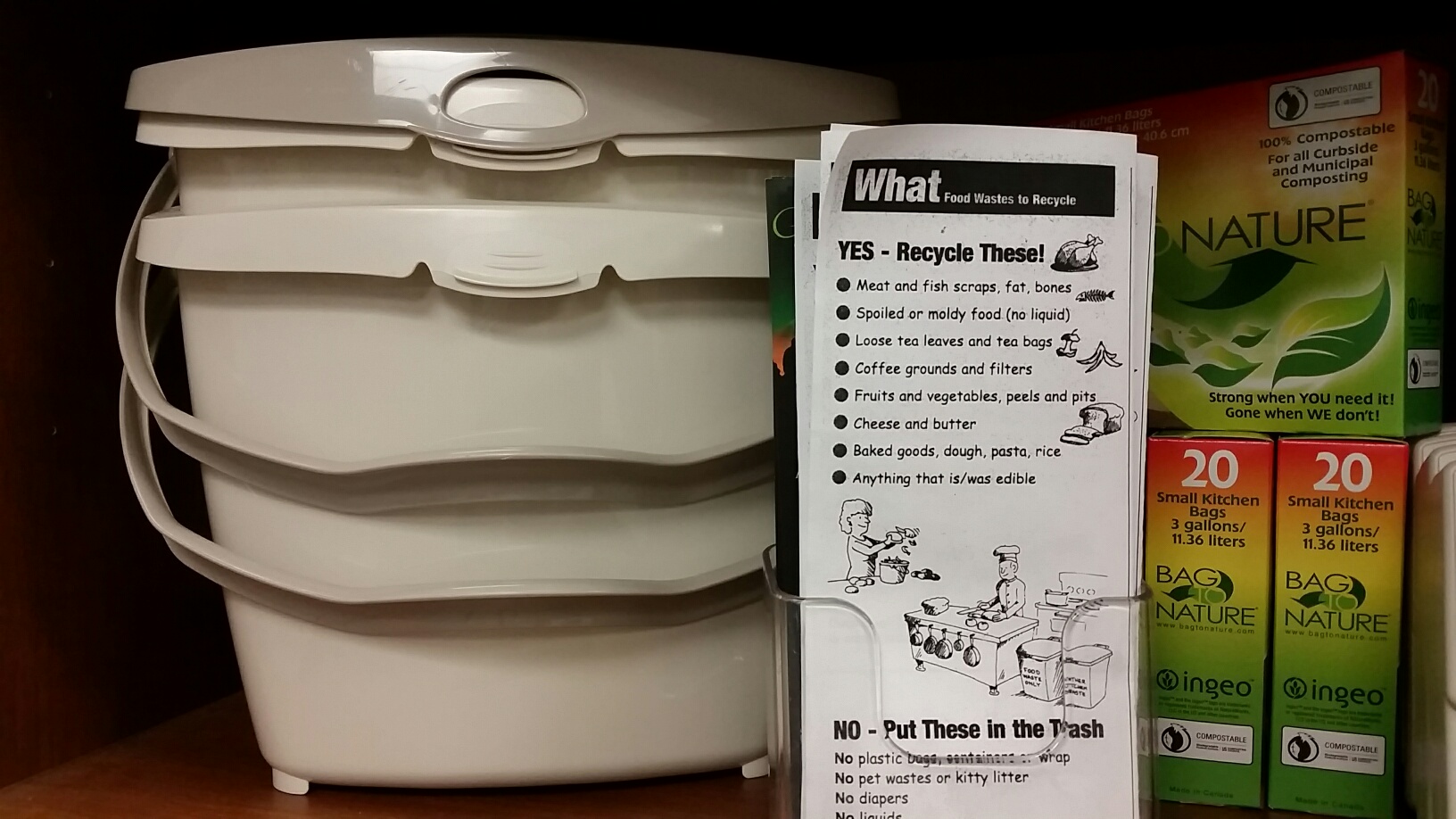

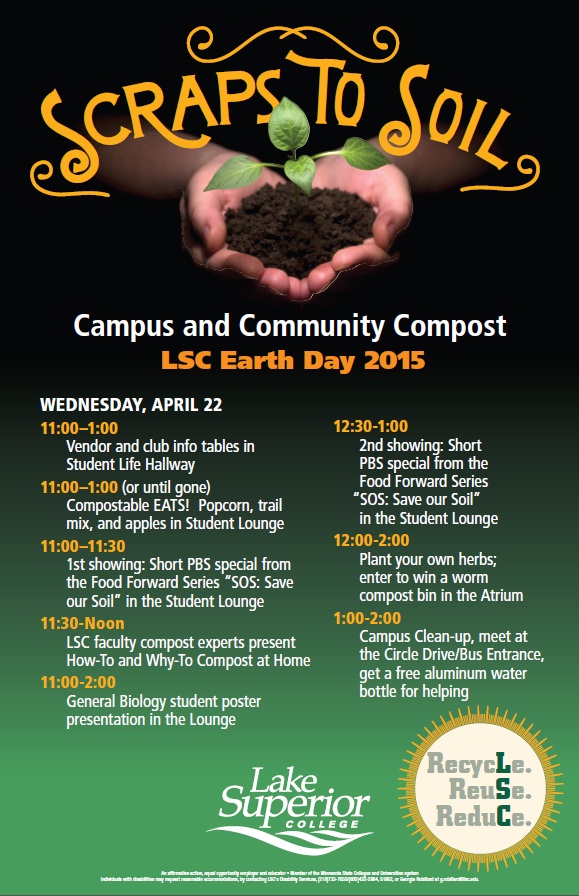
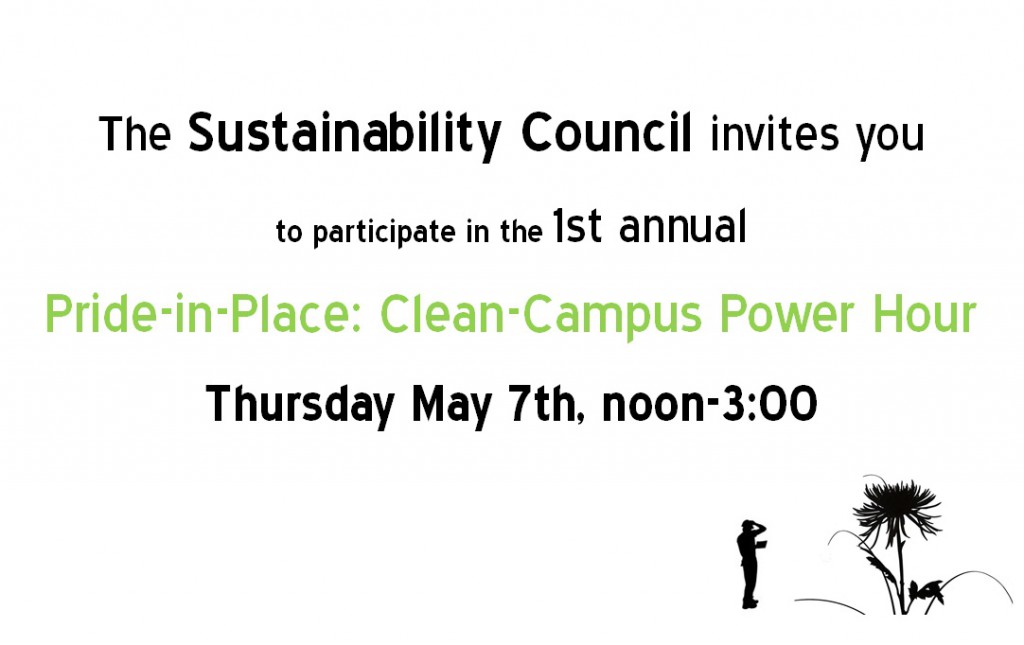
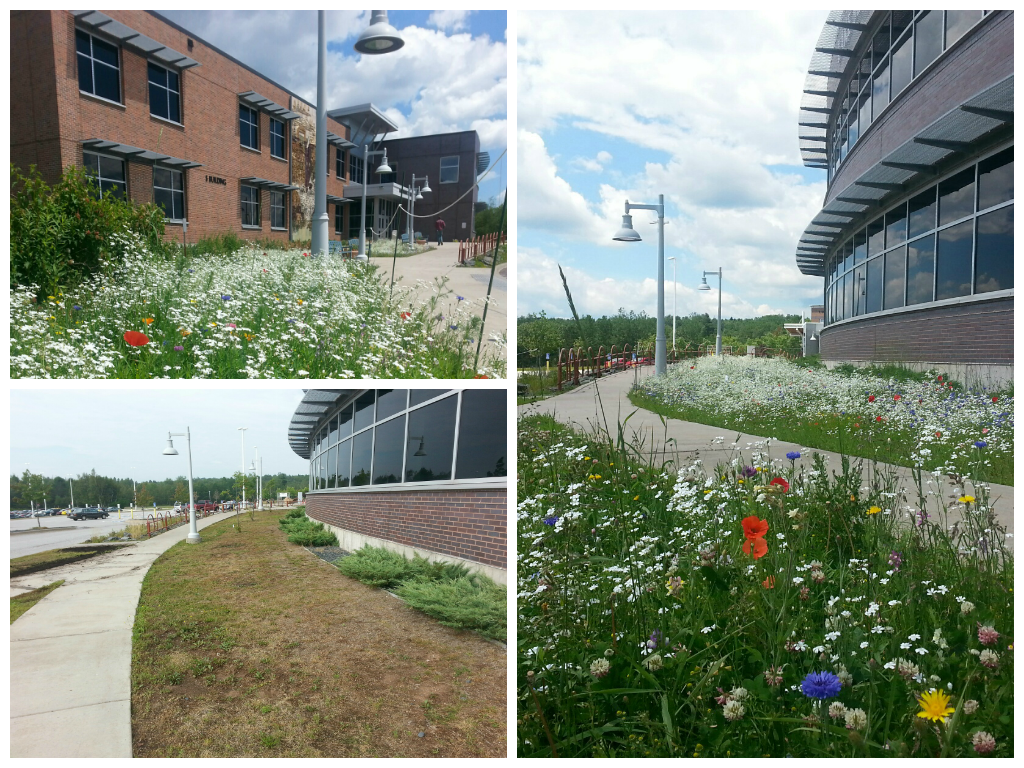
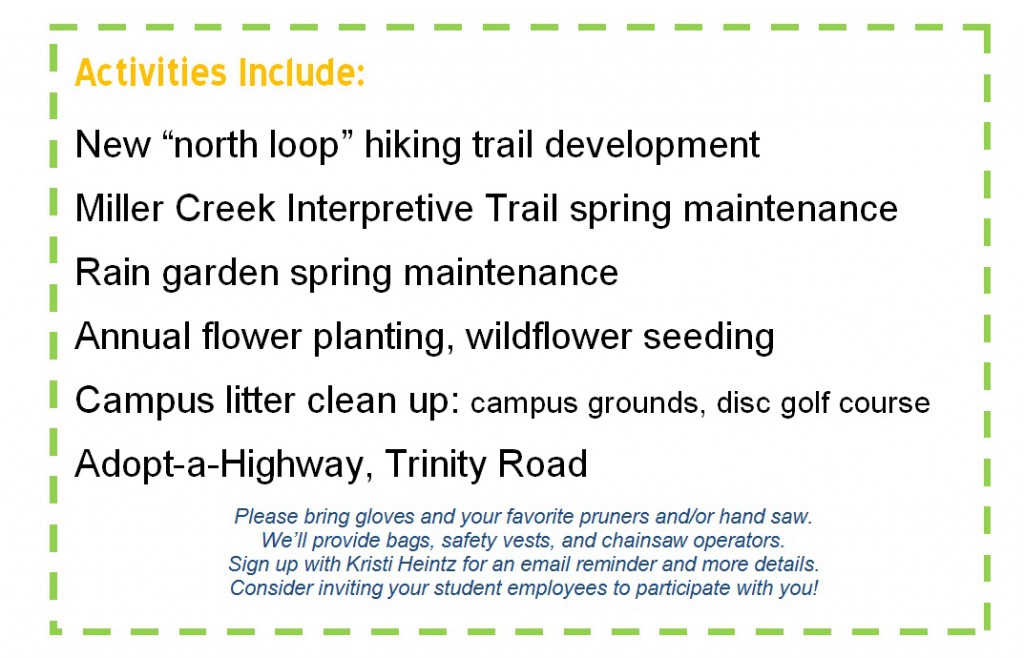
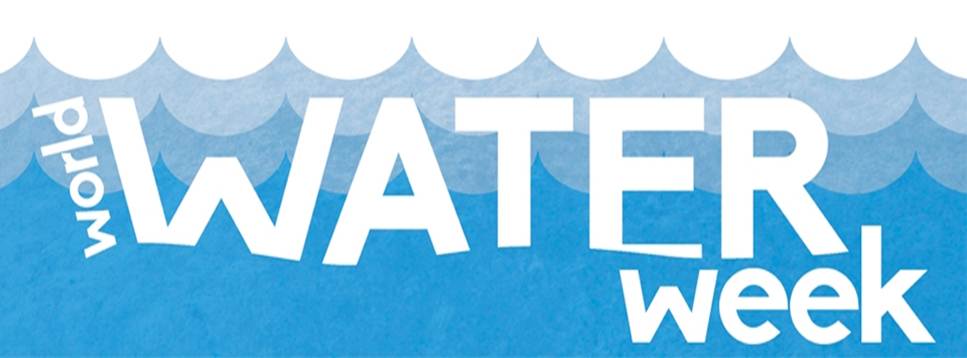


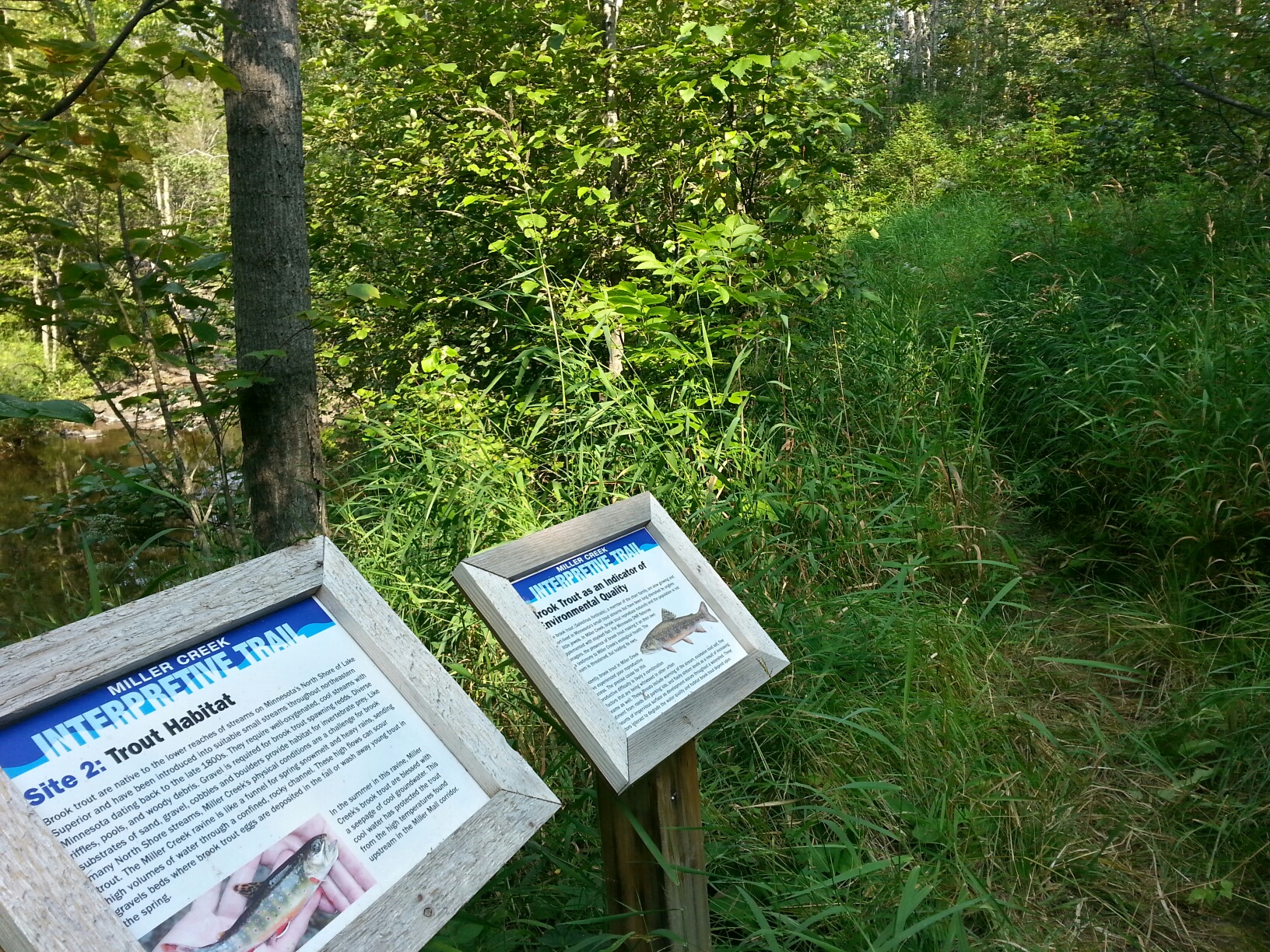

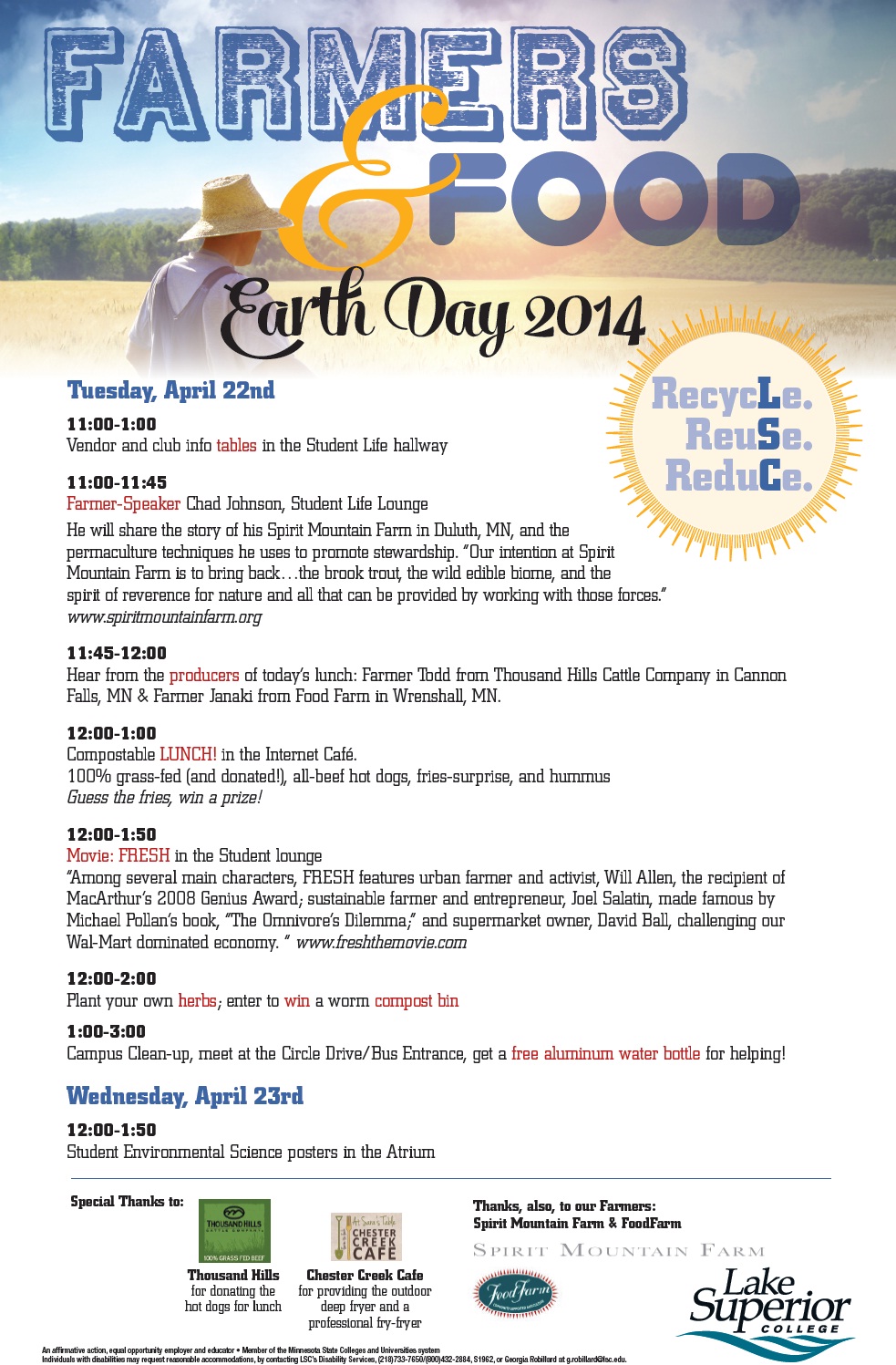
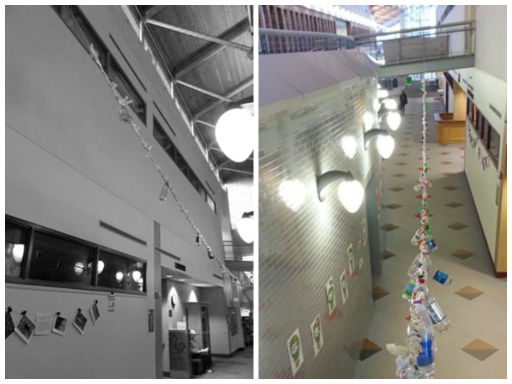

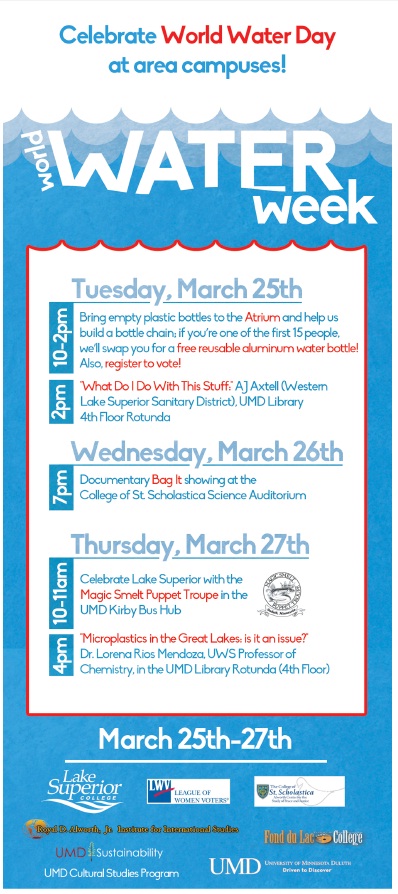
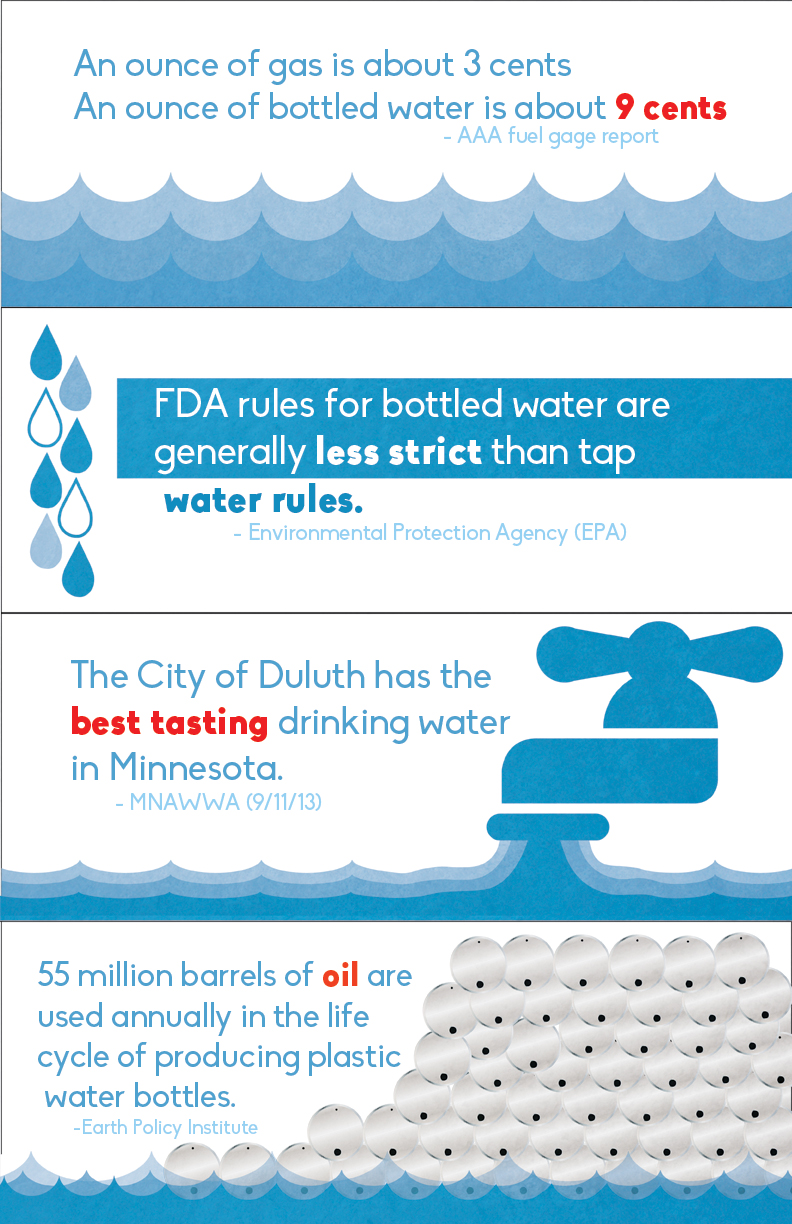

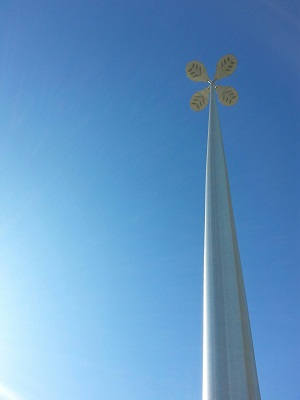
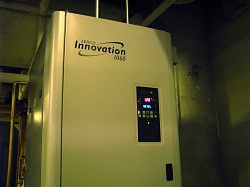
 The 11,600 square foot Art Building’s steam heat system was also updated with two natural gas fired high efficiency hot water boilers.
The 11,600 square foot Art Building’s steam heat system was also updated with two natural gas fired high efficiency hot water boilers.